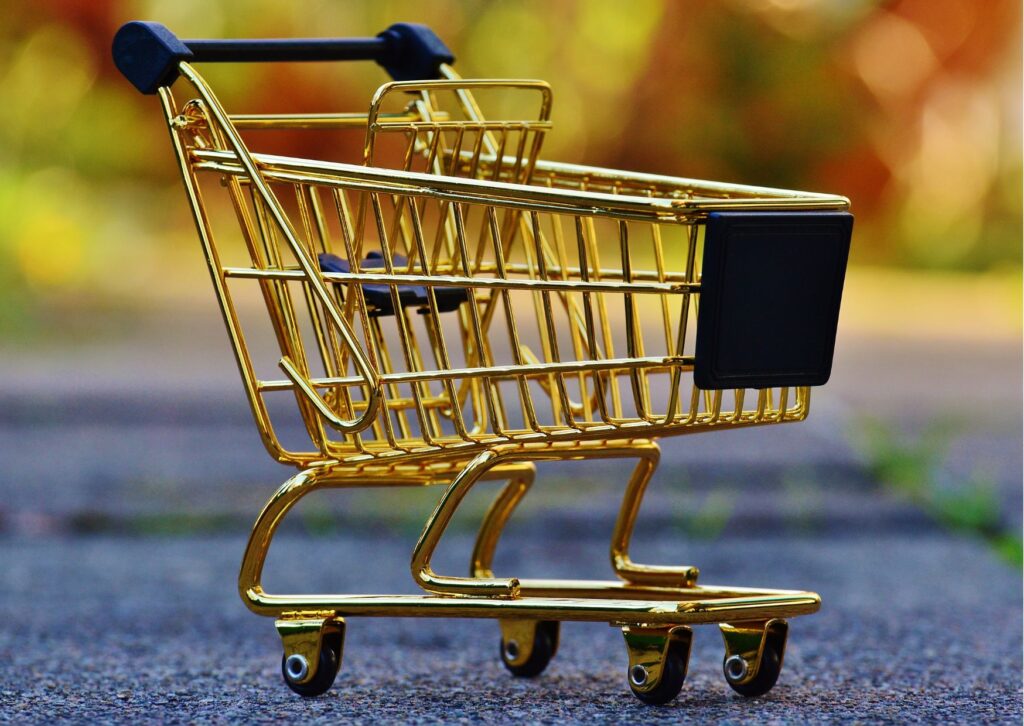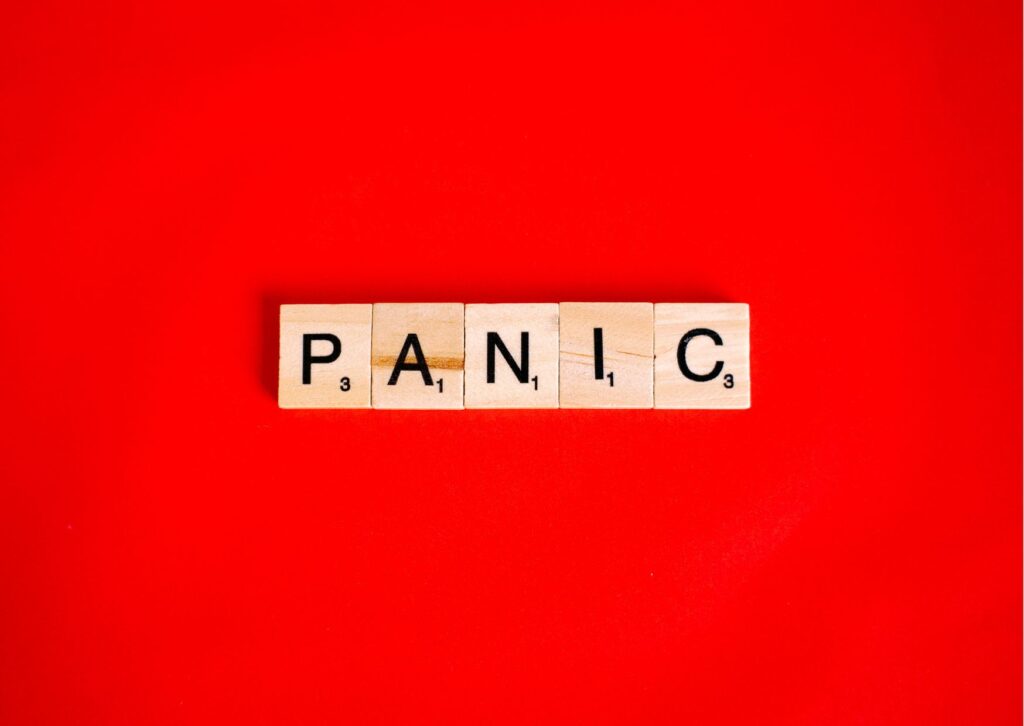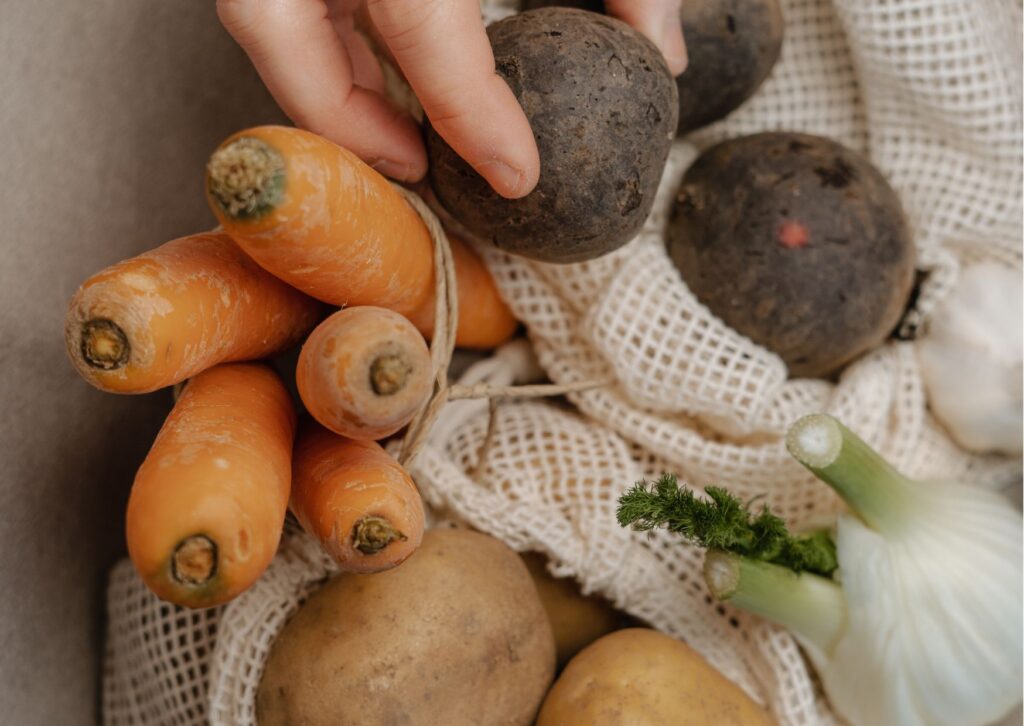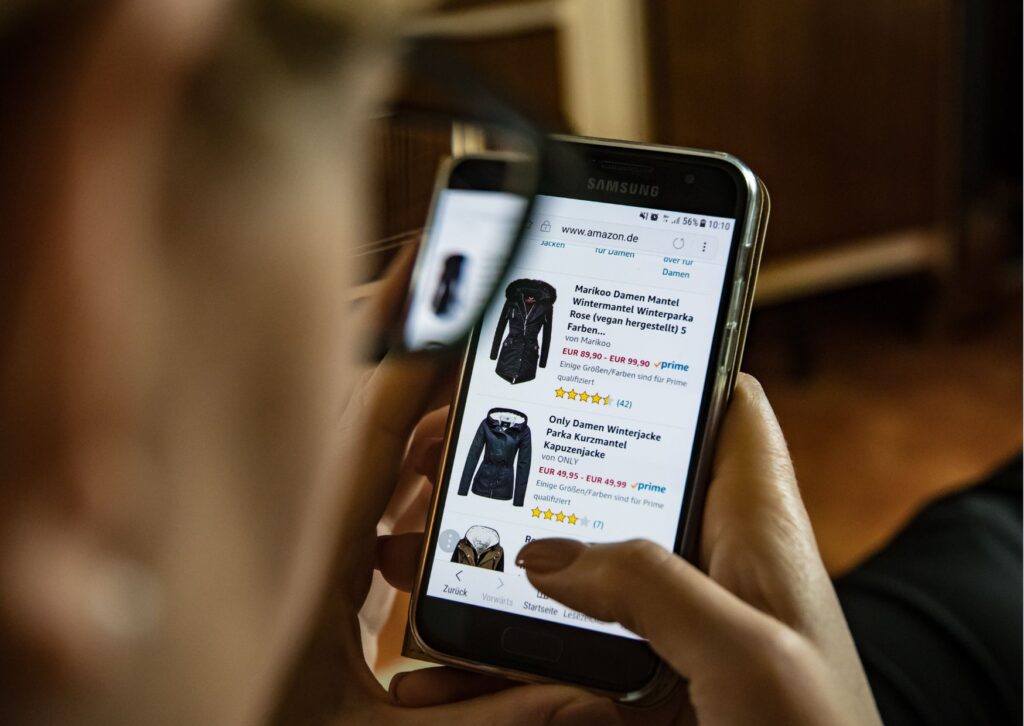Sustainable shopping tips (for the stressed-out middle-aged mother of three teens, a menagerie of animals, and a variety of eating habits, diets and peculiarities… that about covers it!)
I read just recently an article on how to shop sustainably and for a moment I experienced climate anxiety, then midlife crisis anxiety, and finally total despair at how people seem to be able to float through life and seem to just “manage” these tasks that I appear to miserably fail at. So here is an article about how to shop sustainably, but with the proviso that yes, the bottle of wine on-tap and boxes of chocolates or packets of biscuits can be used as aids, and indeed should be used as aids. You can take the GPS into the shop wih you so you can find your way out at the end, and in my case today, you should ask a friend to help you close the garden gate before you go on the huge shopping trip, so that when you get back from the said shop, you don’t spend the rest of the day looking for the said dog. Sigh.

Preparing for battle
Going shopping used to be a simple act of driving to the your favourite store, piling in the groceries, paying for them and then the never-ending job of putting them away. Even then we complained about the bill, the service, the marketing and even about the supply chains getting disrupted.
Now you almost need a PhD to do the weekly shop if you are concerned (as so many people now are) about the environment, climate change and global warming.
Research
Before even getting to the shop you need to have done your research. Which brands are the “evil” ones at the moment? Because a lot of companies are trying to clean up their acts, or else are producing a lot of green-washing, this is a mammoth task to try and see the wood for the trees. Even if you might have the correct information, you are still unsure if those companies are represented in the supermarket you will visit. So this research is one that can take a few months before you have the correct grocery list for the relevant supermarket.

Choices
Do you try to get all your products at small shops that might be local, or do you go to markets? What about items such as cleaning products or electrical goods? Can these be “safely” bought online without harming your new found principles? Can you afford organic or do you go for organic anyway and hope the bank balance doesn’t explode? Do you set new rules for the family that mean they from now on will have to abstain from their favourtie cereal or teatime treat? Will there be a democracy or will it be a “whoever shops, wins”?
Second-hand?
What items as a family will you accept to source solely at a second-hand shop, or will it be a “let’s window shop and see” attitude? Will there be one hard and fast rule for the whole family or will it be just for the members who are accepting fo the challenge? Sometimes you just don’t want WW3 to erupt in the house. As a parent I know I have been swayed often towards the path of least resistance.
Small chains
The small chain shops, particularly the cooperatives in France are some of my favourite shops. I like the excellent service and the employees’ passion about their products. I can appreciate the higher costs sometimes for this service, however, the quality is often better than anywhere else you could go. Unfortunately (as the south of France can be quite rural), there is the problem of the large distances travelled.

At the supermarket
I am perhaps not the best of shoppers, as I can get easily annoyed and angry at the whole experience. In fact I much prefer the small shops and local markets, as it is often a chance to chat and lounge lazily around. Supermarkets are just so much like hard work now. Firstly, you have to remember to bring all your bags. I don’t mean just the tote bags, but those fruit and vegetable bags you invested in during one mad moment and the pyrex containers to put cheese and other loose products in. Generally I have forgotten to wash some of the containers. Not only that, the cats or the dog found the small vegetable bags weeks ago, and they now are ruined or under the bath as a snuggly blanket.
I have to say I have never used my phone to calculate the bill as I go around the shop or to help weigh items… I am just lucky it hasn’t ended up in the bath, sink, toilet or nearest swimming pool. I seem to be getting through a phone a year at the moment. Not the best rate of return for this expensive item.
As I go around the shop I try to avoid anything with plastic packaging. That unfortunately makes you quickly realise how few articles actually don’t have a plastic component around them. Just last week I tried to buy sliced chicken from the butcher’s counter. He took the sliced prepared chicken out of a plastic tray, already cellophaned up, and put it into regulation paper wrapping. I was lost for words.
Buy organic, free trade or sustainable food
I would love to buy everything organic and sustainable, but unfortunately I just don’t have the budget to do this at the moment. When I say everything, I do mean everything, right from the food and drink we consume to the furniture and clothes we wear. I just remind myself though, that even tiny steps in the right direction are still worth celebrating.

Shop online/shop at zero-waste shops
I do have a lot of dilemmas about shopping online or zero-waste shops. Firstly, let us take the concept of zero-waste shops or shops where you can buy your product loose. You may be buying the loose product, but it is still transported to the shop in packaging. And how do you know if the packaging is environmentally responsible or not? You don’t. There is also the issue of the management of the loose products. Are they regularly inspected and changed? Is there any cross-contamination? And what happens if the product becomes contaminated or goes past its expiry date? Then there is the issue of waste. Would you have so much waste if the product was sold in individual packaging?
Shopping online does have advantages, however due to the companies controlling this service having questionable reputations concerning sustainable living, it is a worry. Each shopping act is weighed against the obvious impacts on the climate and the environment.
Shopping lists
Shopping lists are an aid in maintaining a sustainable lifetyle. They help in terms of buying what is needed rather than desired, and also makes us more focused in our purchases. Shopping lists are a great way to help reduce food waste, focusing our choices and helping us to take sensible choices.
On the battleground
So the next time I come out of a supermarket with my trolley piled high full of groceries as I frantically search for my car on a 40°C day, I will remind myself that I have won another battle towards living sustainably. There have been losses, but importantly there have been victories.
MidLife Crisis In France
COPYRIGHT Ⓒ 2023












